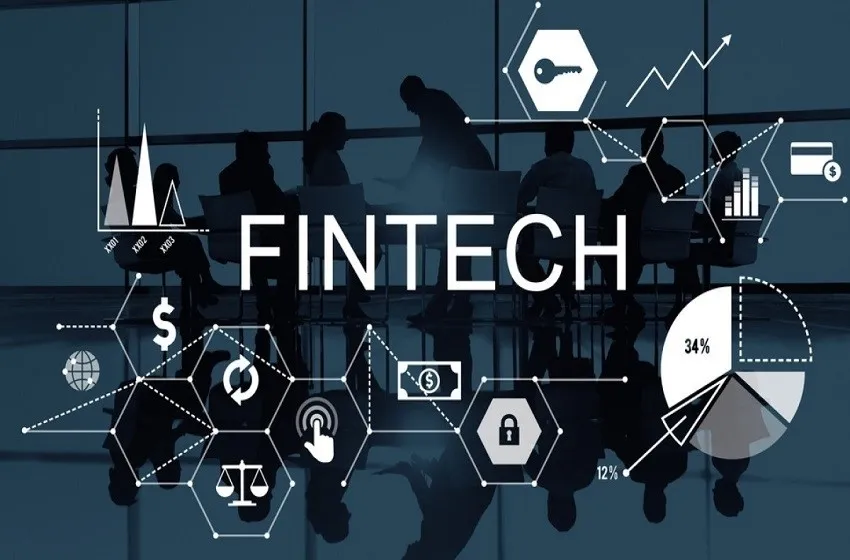Financial technology (Fintech) companies come in various types, each redefining different facets of financial services. From payment processing and peer-to-peer lending to blockchain innovations and personal finance apps, these firms are reshaping the landscape of finance with cutting-edge technologies. Explore the diverse world of Fintech today.
Financial technology, or fintech, has exploded in recent years, disrupting the traditional banking industry with innovative solutions. But what exactly are these fintech companies, and what types of services do they offer? Let's break down the different categories of fintech companies shaping the financial landscape.
Lending & Borrowing:
- Peer-to-peer (P2P) lending platforms: These connect borrowers directly with lenders, often bypassing traditional banks, leading to more accessible and potentially lower-interest loans. Examples include LendingClub and Prosper.
- Fintech lenders: These companies use technology to automate loan underwriting and offer alternative lending products to underserved markets, such as payday loans, small business loans, and personal loans. Examples include Affirm and Avant.
Payments & Transfers:
- Digital payment platforms: These enable seamless online and offline payments, offering convenience and security. Examples include PayPal, Venmo, Stripe, and Square.
- Cross-border payment platforms: These facilitate fast and affordable international money transfers, cutting down on traditional bank fees. Examples include Wise (formerly TransferWise) and Remitly.
Investment & Wealth Management:
- Robo-advisors: These utilize algorithms to provide automated financial advice and investment management based on individual risk tolerance and goals. Examples include Betterment and Wealthfront.
- Digital investment platforms: These offer commission-free trading, fractional shares, and other innovative features to make investing more accessible. Examples include Robinhood and Acorns.
Insurance & Financial Planning:
- Insurtech companies: These use technology to streamline insurance processes, offer personalized insurance products, and optimize risk management. Examples include Lemonade and Metromile.
- Personal finance management apps: These help individuals manage their budgets, track expenses, and set financial goals. Examples include Mint and Personal Capital.
Data & Analytics:
- Financial data aggregators: These companies gather and analyze financial data from various sources, offering insights and personalized financial recommendations. Examples include Plaid and Yodlee.
- Fraud detection and risk management platforms: These use machine learning and artificial intelligence to identify and prevent financial fraud, enhancing security and reducing losses. Examples include Feedzai and FICO.
Blockchain & Cryptocurrency:
- Cryptocurrency exchanges: These platforms enable users to buy, sell, and trade cryptocurrencies. Examples include Coinbase and Binance.
- Decentralized finance (DeFi) platforms: These offer alternative financial services, like lending and borrowing, based on blockchain technology. Examples include Aave and Compound.
The Future of Fintech:
The world of fintech is constantly evolving, with new technologies and innovations emerging regularly. This dynamism means new types of fintech companies will continue to emerge, revolutionizing the way we interact with financial services in the future. By understanding the different types of fintech companies, we can better navigate this exciting and ever-changing landscape.



































